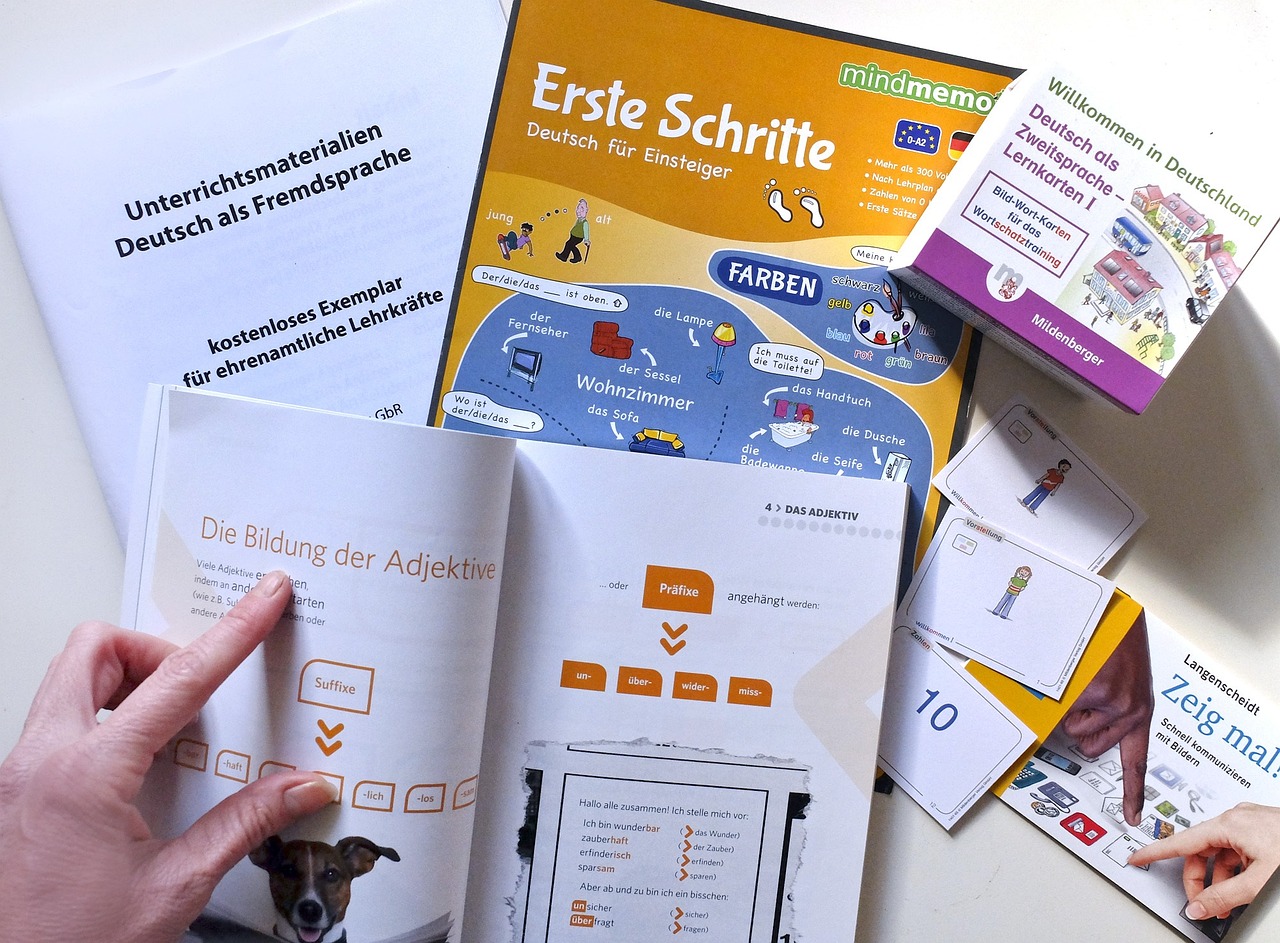How to Promote Cultural Respect in Student Exchange Programs: All pannel.com, Cricket bet99, Lotus365 vip login
all pannel.com, cricket bet99, lotus365 vip login: Student exchange programs provide a fantastic opportunity for young people to experience different cultures, languages, and ways of life. It is a valuable learning experience that can shape future perspectives and attitudes towards diversity and globalization. However, it is crucial to promote cultural respect and understanding among participants to ensure that the exchange is positive and enriching for all involved.
Here are some practical tips on how to promote cultural respect in student exchange programs:
1. Pre-departure Cultural Training:
Before the exchange program begins, provide students with cultural training sessions to help them understand the cultural norms, values, and customs of the host country. This can include language classes, cultural sensitivity workshops, and discussions on common misconceptions and stereotypes. The more prepared students are, the more they can appreciate and respect the differences they will encounter.
2. Foster Open Communication:
Encourage students to ask questions, express curiosity, and engage in open dialogue with their host families, peers, and community members. By fostering open communication, students can learn from each other’s perspectives and gain a deeper understanding of different cultures.
3. Embrace Diversity:
Promote diversity and inclusivity within the exchange program by celebrating different cultural holidays, traditions, and festivals. Encourage students to share their own cultural backgrounds and experiences with others, creating a sense of unity and acceptance among participants.
4. Encourage Empathy and Compassion:
Help students develop empathy and compassion towards people from different cultural backgrounds by encouraging them to put themselves in each other’s shoes. By understanding and appreciating the challenges and joys of others, students can build meaningful relationships and connections.
5. Address Stereotypes and Prejudices:
Create a safe space for students to discuss stereotypes and prejudices they may hold towards other cultures. Encourage them to challenge their assumptions and prejudices by seeking out diverse perspectives and experiences.
6. Practice Cultural Exchange:
Encourage students to actively participate in cultural exchange activities such as cooking traditional dishes, learning folk dances, or attending cultural events. By immersing themselves in the host culture, students can gain a deeper appreciation and respect for the traditions and values of others.
FAQs:
Q: How can I support cultural respect in student exchange programs as a host family?
A: As a host family, you can introduce students to your cultural traditions, involve them in family activities, and encourage open communication about differences and similarities between your cultures.
Q: What should I do if I encounter cultural misunderstandings during the exchange program?
A: Address cultural misunderstandings openly and respectfully by seeking clarification, discussing the issue with program leaders or mentors, and learning from the experience to prevent future misunderstandings.
Q: How can I continue to promote cultural respect after the exchange program ends?
A: Stay in touch with exchange program participants, continue to engage with diverse cultures through travel, reading, and volunteering, and share your experiences with others to promote cultural understanding and respect in your community.
By following these guidelines and promoting cultural respect in student exchange programs, we can create a more inclusive and diverse global community where young people can learn from each other and build bridges across cultures. Let’s embrace the opportunity to celebrate our differences and foster a more interconnected world.







